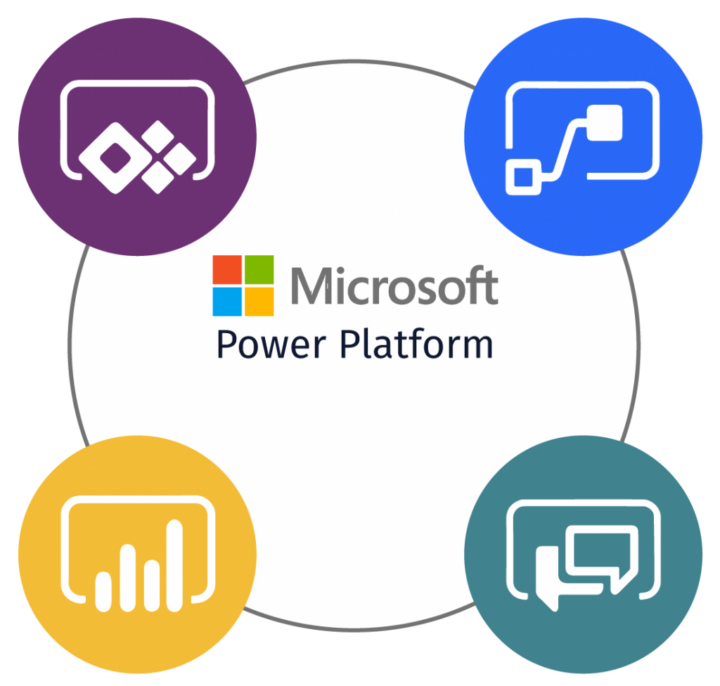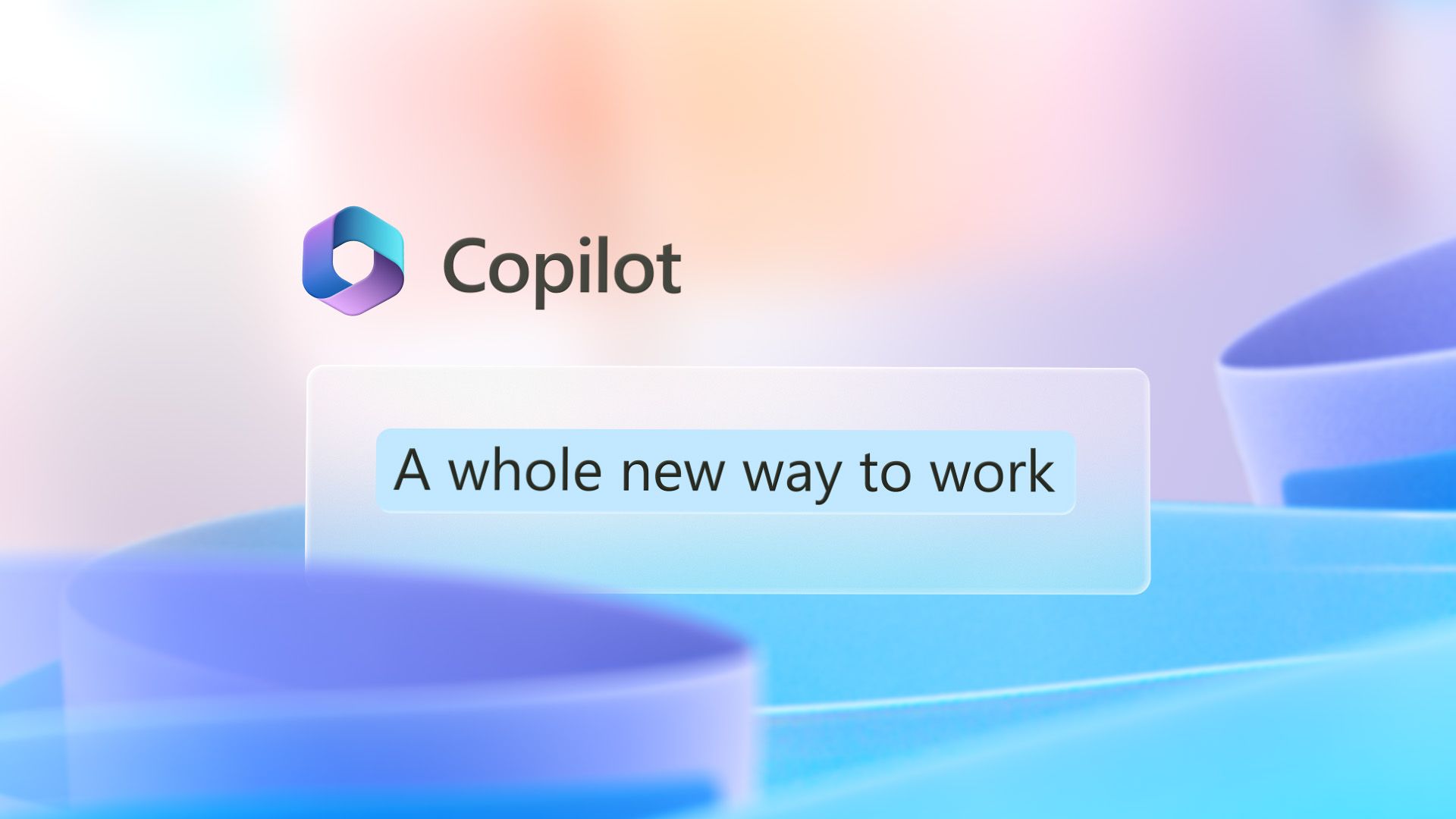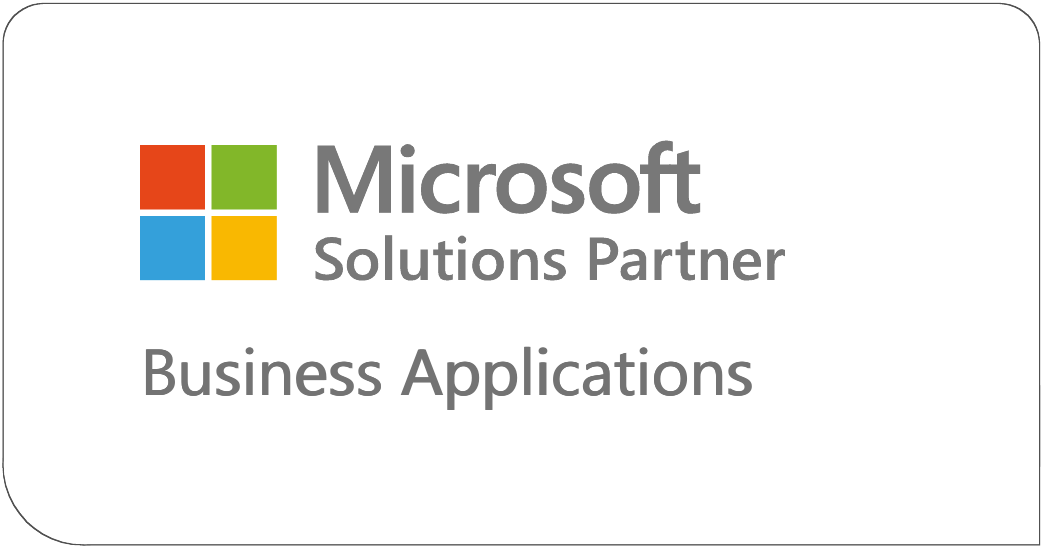| Editorial Team

Healthcare provider organizations increasingly recognize the benefits of Microsoft Power Platform for low-code/no-code application development and centralized data management. However, many organizations struggle to identify proper use cases and plan adoption. This blog will provide a comprehensive guide for healthcare providers to start with Power Platform, leveraging Microsoft’s Center of Excellence Kit and Imperium’s proven adoption methodology.
Evaluating Microsoft Power Platform for Healthcare

Recognizing the Potential of Power Platform
For healthcare provider organizations dealing with numerous IT systems, data siloes, and reporting woes, the potential of Power Platform for low-code/no-code development and centralizing data within Dataverse is a game-changer. This platform offers a visionary solution for quickly building custom applications and consolidating data sources – improving operational efficiency while driving cost savings through reduced IT spending.
Sounds great; how do I start adopting Power Platform?
Once you have decided Power Platform makes sense for your IT strategy, it’s often difficult to figure out how and where to start using it. The key is to start small and demonstrate value through a pilot use case before expanding usage across the organization.
A Proven Adoption Approach
Implement Microsoft’s Center of Excellence Kit
Microsoft’s Center of Excellence Kit for Power Platform provides a framework and set of best practices to guide healthcare providers through the adoption process. It also includes specific templates and resources for governance and security, which are crucial in the healthcare industry. To set up your Center of Excellence for success, define a transparent governance process and align the CoE Kit deployment to your process.
Ideate Possibilities with an Envisioning Workshop
Conducting an envisioning workshop involving business stakeholders and IT allows for a thorough discussion of pain points, potential use cases, and long-term goals for Power Platform. One of the key areas to explore is the opportunity to replace point solutions that complement the EMR system. By leveraging Power Platform, healthcare providers can consolidate and streamline their applications, reducing complexity and data siloes. The outcome of the envisioning workshop should be a list of potential use cases for Power Platform.
Prioritizing Use Cases
Evaluate the potential use cases based on factors such as ROI, time to value, complexity, number of users, required integrations, or other business impact measures. As part of the prioritization process, consider Power Platform’s strategic goals and objectives, especially whether you plan to integrate Power Platform with your electronic medical record (EMR) system or focus on workloads outside the clinical domain. Identify the use case with the highest potential for proving the value of Power Platform within your organization and choose this as your pilot solution. You may also want to consider the licensing requirements for each use case and target a set of initial processes with overlapping user groups.
Building the Minimum Viable Product (MVP)
Begin by building an MVP version of the chosen use case. This involves designing, building, and testing the core functionalities to validate the concept. Focus on delivering a solution that meets the primary objectives while being scalable for future enhancements. Assess the roles and access levels for the intended user groups to inform your security model design, considering compliance requirements such as HIPAA.
Iterative Refinement
Roll out the MVP to a select group of users within the
organization to gather internal feedback. Iterate on the
solution based on the feedback, making necessary
refinements and improvements to enhance user experience
and address any identified issues.
Throughout the iterative refinement process, continually
assess the governance and security aspects of the
solution. Incorporate feedback from stakeholders and IT
security teams to address any identified gaps or
vulnerabilities. This iterative approach ensures that
governance and security remain at the forefront of the
solution’s development.
Full Deployment or Gradual Expansion
Once the solution is refined and meets production
standards, decide on the deployment strategy. Roll it
out across the organization or start with a specific
location or department and gradually expand its usage.
Before fully deploying or gradually expanding the
solution, thoroughly review the governance and security
measures. Ensure appropriate access controls are
implemented, data is secured, and compliance
requirements are met. Perform comprehensive testing to
validate the solution’s resilience and adherence to
security protocols.
Continual Adoption
After successfully implementing the first use case, focus on the next prioritized use case on the list. Repeat the process, leveraging the experience gained from the initial adoption to accelerate subsequent deployments.
Imperium Dynamics: Your Copilot on the Power Platform Journey

As a Microsoft Business Applications Partner specializing in Power Platform adoption for healthcare providers, Imperium works closely with organizations to define comprehensive strategies encompassing governance, security, healthcare integration, and best practices. We empower healthcare organizations to leverage the Power Platform’s capabilities, streamline workflows, and securely achieve their goals through:
Strategy and Envisioning:
Imperium’s team will work closely with you to understand their unique challenges, align business goals, and identify the most impactful use cases for Power Platform adoption. We facilitate envisioning workshops and provide strategic guidance throughout the process, from COE Kit deployment through roadmap planning.
Design and Development:
Our certified Power Platform experts will write user stories and develop solutions for the selected use cases, following best practices and utilizing the latest and greatest Power Platform offers. We always keep security and compliance regulations in mind and ensure security models that adhere to HIPAA, GDPR, or other security standards.
Support and Training:
Whether you aim to build an in-house Power Platform team
or seek to outsource development, Imperium offers
comprehensive support and training services, empowering
your teams to fully utilize and maintain your
solutions—from COE Kit implementation through
application development. We are committed to ensuring a
smooth transition and long-term success in your Power
Platform journey.
Imperium Dynamics offers healthcare providers a
certified team with expertise in Power Platform
adoption. From strategy and envisioning to governance,
security, healthcare integration, and ongoing support,
we guide organizations through the entire journey,
ensuring compliance, interoperability, and successful
implementation of the Power Platform in the healthcare
domain.
Conclusion
By following a structured adoption approach and
leveraging the guidance of Imperium Dynamics, healthcare
provider organizations can unlock the full potential of
the Microsoft Power Platform. With the ability to
rapidly develop applications and centralize data through
Dataverse, healthcare providers can reduce IT costs,
enhance operational efficiency, improve patient care,
and drive innovation in the healthcare industry.
Learn more about Imperium’s Power Platform services
here.


